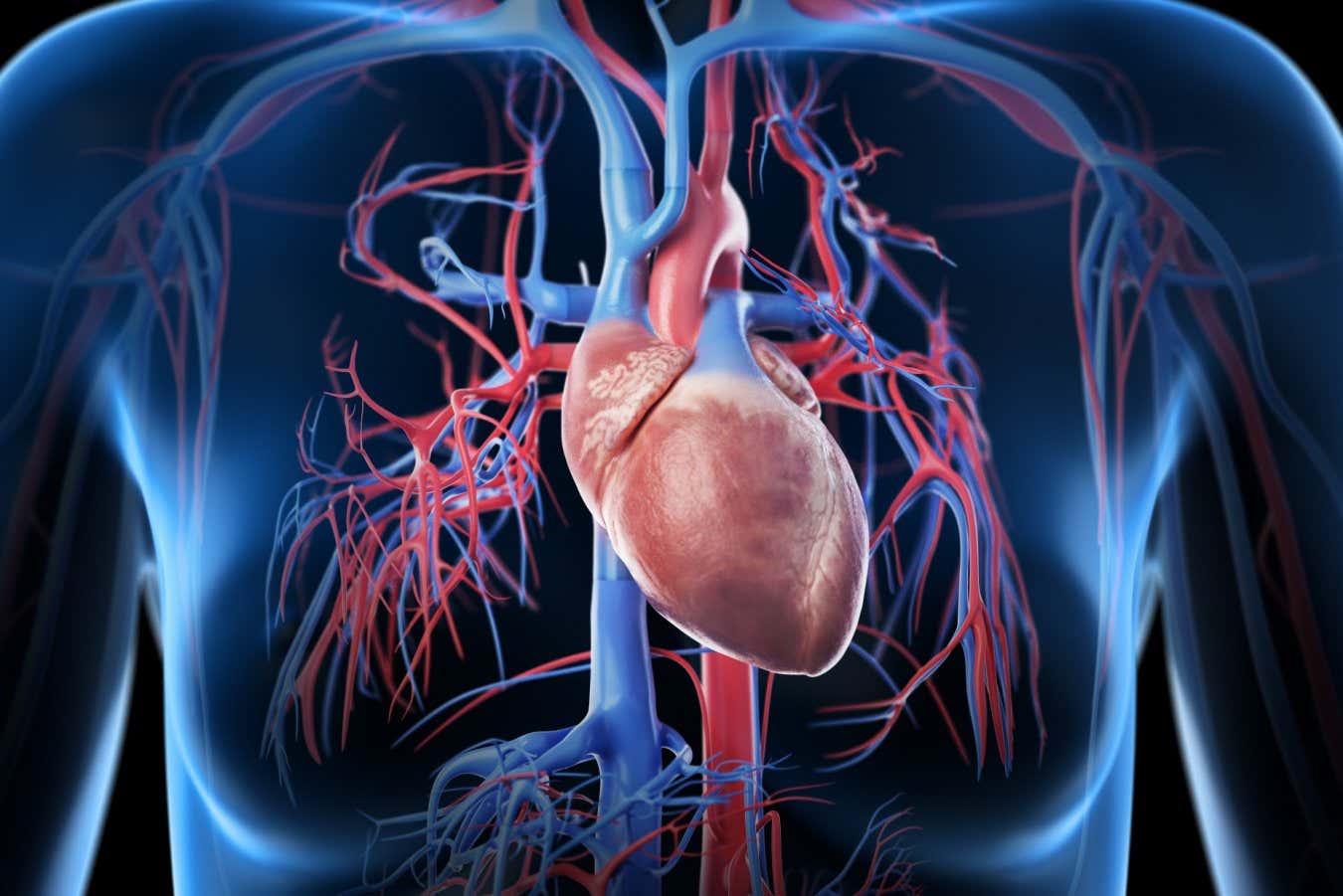Research suggests inflammation may be just as important as cholesterol as a cause of heart attacks, suggesting different treatments should be considered for prevention
By Clare Wilson
9 March 2023
Heart disease is one of the commonest causes of death
SEBASTIAN KAULITZKI/Science Photo Library/Getty Images
Doctors are in the middle of a major rethink about the causes of heart attacks and strokes – among the commonest causes of death worldwide.
For decades, much of the focus has been on cholesterol: statin drugs, used to lower cholesterol, are the most commonly prescribed medication for preventing cardiovascular disease in the UK. But a growing number of researchers say that overlooks another key contributor: inflammation, which is linked to the background activity of the immune system.
This week, research showed that in people taking statins to lower their cholesterol, inflammation is a bigger risk factor for heart attacks or strokes than whether they still have high cholesterol levels. “It’s clear that if you don’t start addressing the inflammatory response, you’re never going to beat this disease,” says Paul Ridker at Brigham and Women’s Hospital in Boston, who was involved in the research. “It’s no longer a hypothesis; it’s proven fact.”
Advertisement
The idea of targeting cholesterol to treat cardiovascular disease is mainly the result of large studies that found higher levels of “bad cholesterol” correlate with higher rates of heart attacks.
The other clue was that cholesterol is one of the main components of fatty plaques that can form in artery walls and restrict blood flow to major organs. Heart attacks and strokes usually happen because such a plaque ruptures, which can result in the blockage of smaller blood vessels downstream.
Once this was understood, cholesterol-lowering statins became one of the commonest medicines in use. More than 200 million people worldwide are taking a statin – either because they have survived a heart attack or stroke or they are thought to be at risk of having one. Many large trials have found that statins are very effective at reducing heart attacks, reinforcing the cholesterol theory of heart disease.
